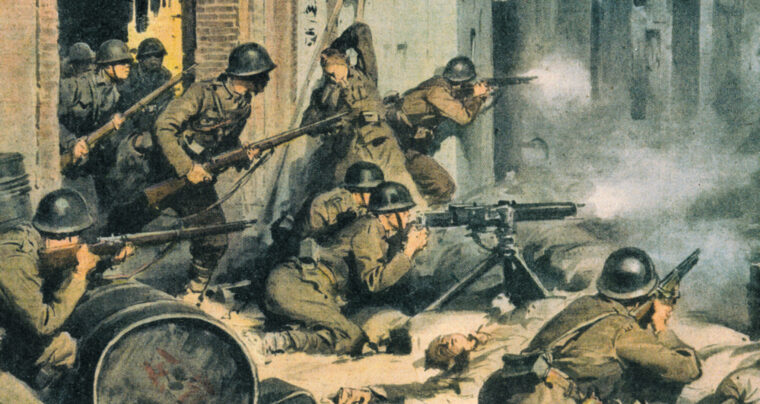
Japan
Eleventh-Hour Peril: The U.S. Naval Escape from China
by Eric NiderostOn November 11, 1941, the U.S. Navy gunboats USS Luzon and Oahu were ordered to “make quietly all preparations within the ship for a cruise at sea.” Read more

Japan
On November 11, 1941, the U.S. Navy gunboats USS Luzon and Oahu were ordered to “make quietly all preparations within the ship for a cruise at sea.” Read more
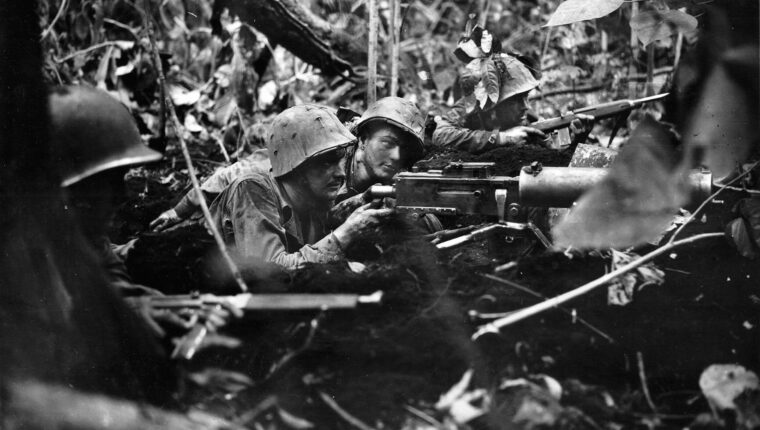
Japan
On the island of New Britain, at the north end of the Solomon chain, lay a major base that provided Japanese forces with the naval power, supplies, and reinforcements to control the sea lanes of the Southwest Pacific. Read more
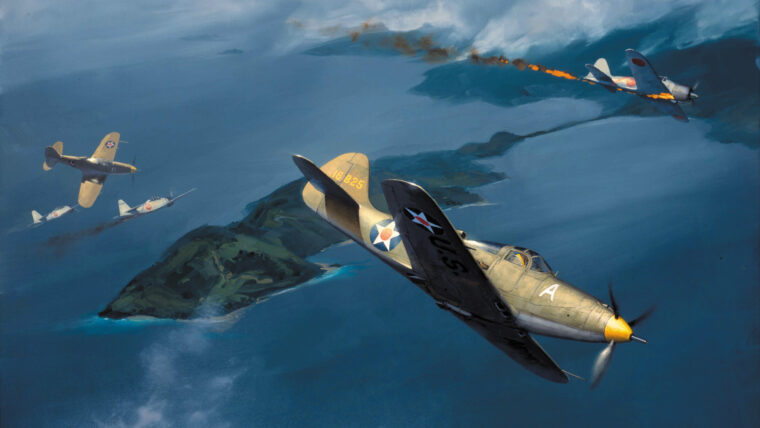
Japan
If there is an American combat airplane that has achieved an ill-deserved reputation, no doubt it would be the much-maligned Bell P-39 Airacobra, a tricycle landing gear single-engine fighter whose reputation was greatly overshadowed by the more famous, and of more recent design, Lockheed P-38 Lightning, Curtiss P-40 Tomahawk, Republic P-47 Thunderbolt, and North American P-51 Mustang. Read more
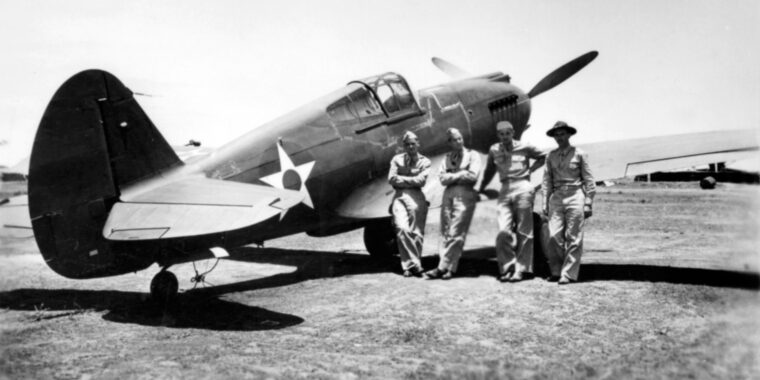
Japan
In the popular history of World War II, the assertion that the United States was caught unprepared in Hawaii and the Philippines has become widely accepted as fact. Read more
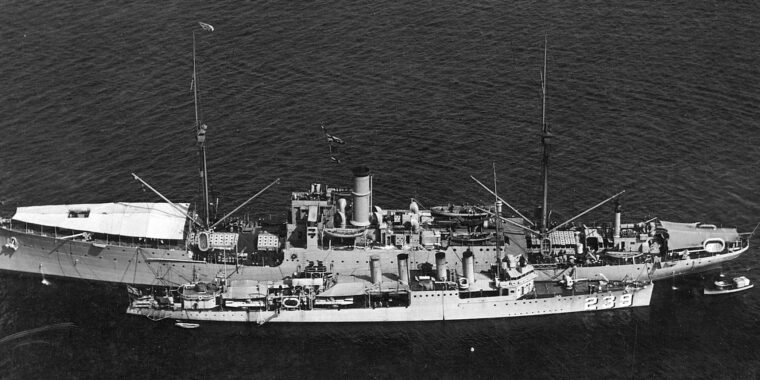
Japan
On Saturday, December 6, 1941, the repair ship USS Vestal eased alongside the USS Arizona at her berth at Pearl Harbor. Read more
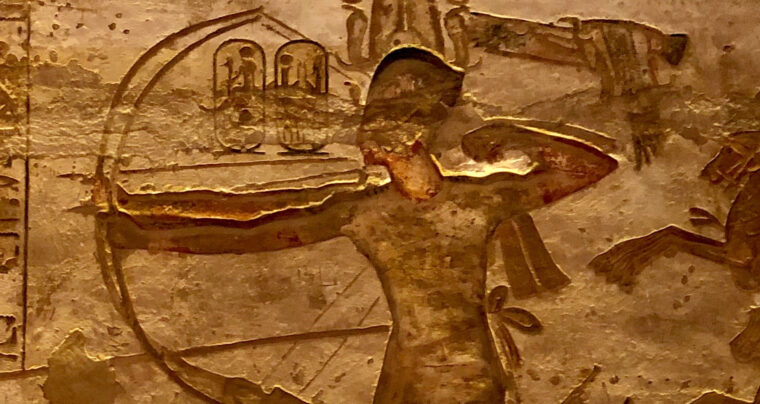
Japan
Orderly rows of Sumerian soldiers stretched across the grassy plain, their conical bronze helmets hard and bright under the sizzling sun. Read more
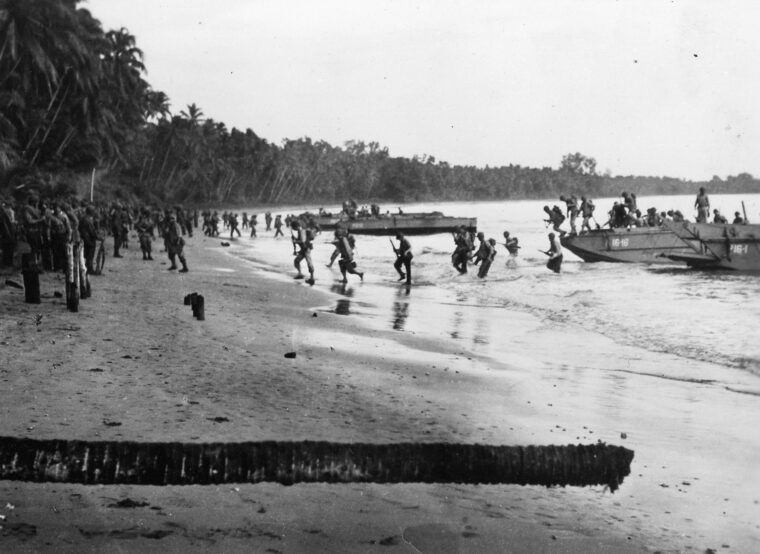
Japan
In the long and distinguished history of the U.S. Marine Corps, thousands of marines have been awarded medals for meritorious service on the battlefield. Read more
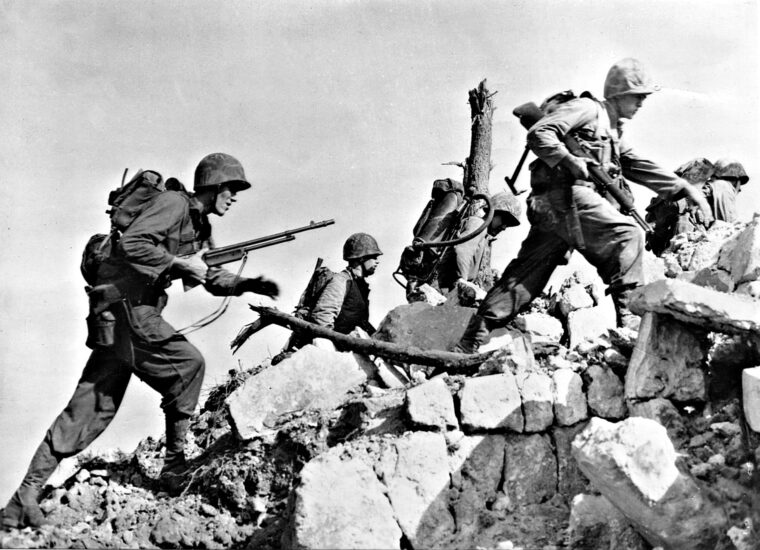
Japan
The grimy, weary Marines heard with little emotion the instructions shouted by their officer. He wanted them to mount yet another charge to the top of the nondescript hill blocking their way, another collection of rock housing an enemy that tried to halt their advance. Read more
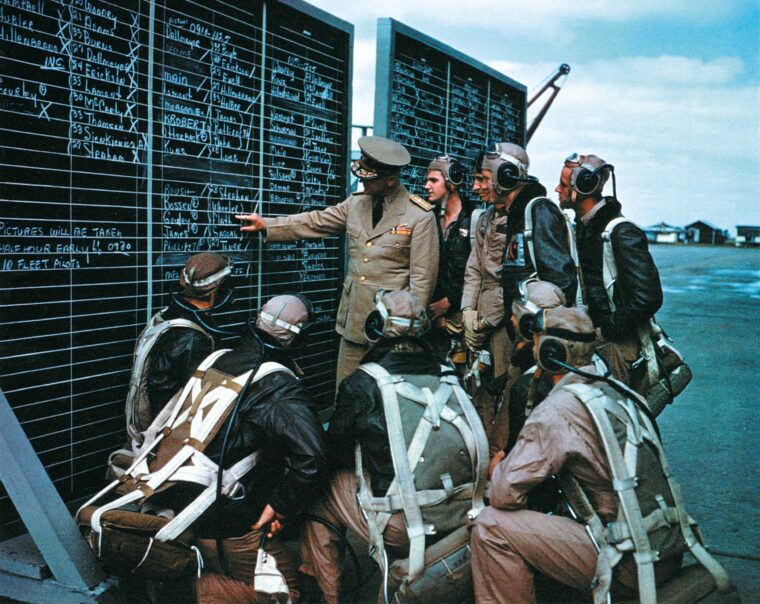
Japan
Planning a war requires assumptions. However, there should be as few assumptions as possible, otherwise one can assume away all one’s problems. Read more

Japan
He suffered from acute alcoholism and severe bouts of depression. As a result of his heavy drinking, he would wander about for days yelling incoherently. Read more

Japan
Most writings about World War II tend to attribute the success or failure of military operations to the skill with which generals and admirals handled their forces in battle and to the fighting abilities of soldiers, sailors, and airmen. Read more
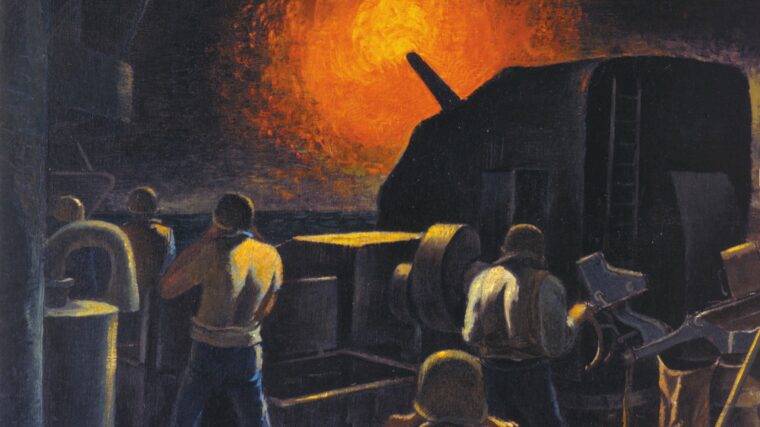
Japan
With bond clerk Marge Henning standing by as a witness, Colonel Frank Eldridge removed the first piece of the puzzle. Read more
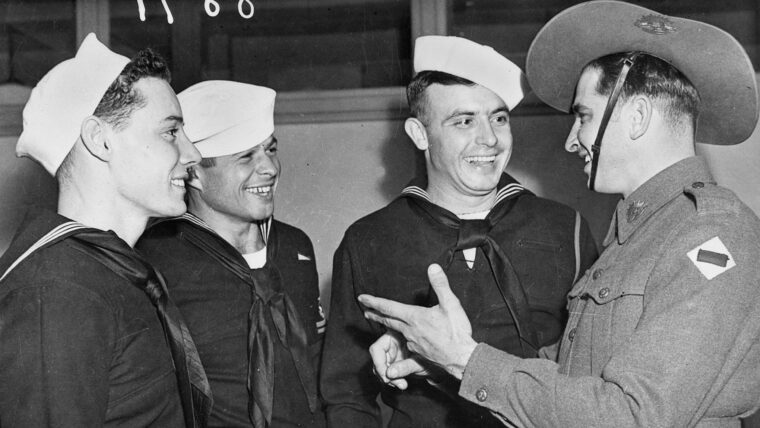
Japan
In 1942, Brisbane was the third largest city in Australia and the state capital of Queensland. To many, however, it was more like a big country town than a city, its 340,000 inhabitants living in a quiet, conservative, and isolated atmosphere. Read more
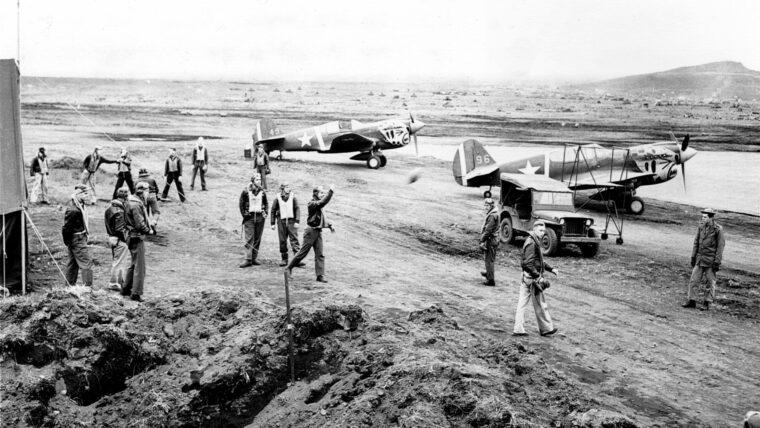
Japan
Charles D. Mott was a U.S. Navy dive-bomber pilot when he joined the American Volunteer Group (AVG), the small band of Americans who flew under the leadership of General Claire Lee Chennault and became known to history as the Flying Tigers. Read more
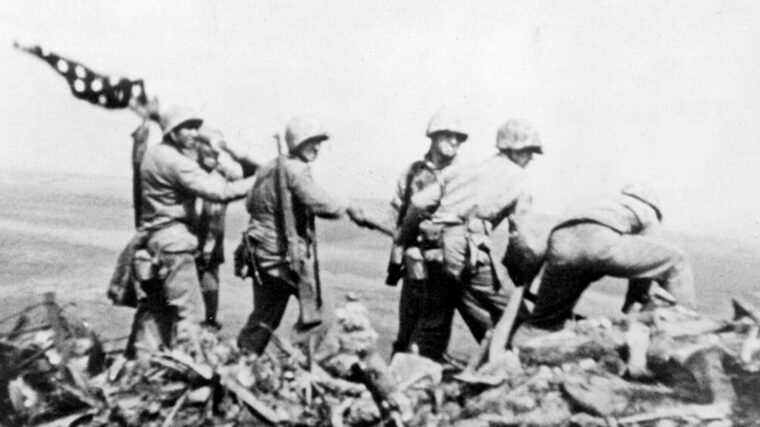
Japan
Everyone has seen the now famous photograph of the three firefighters hoisting Old Glory over the ruins of the World Trade Center. Read more
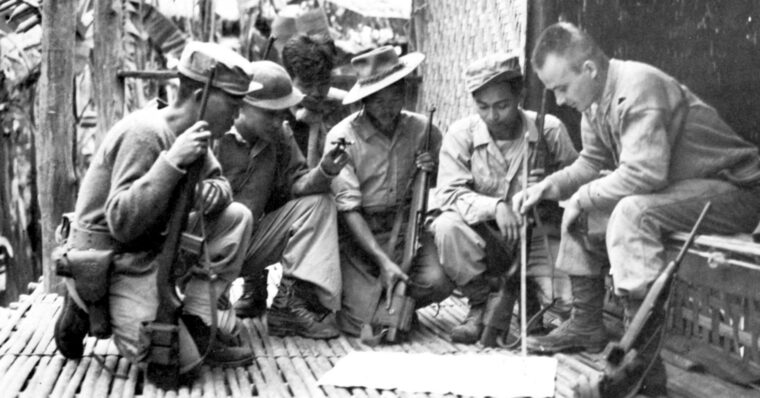
Japan
Private First Class Frank Rinaldi cautiously made his way through the dense foliage. He and other soldiers were on patrol when they heard the unmistakable sound of Japanese voices, and they inched their way forward to investigate. Read more
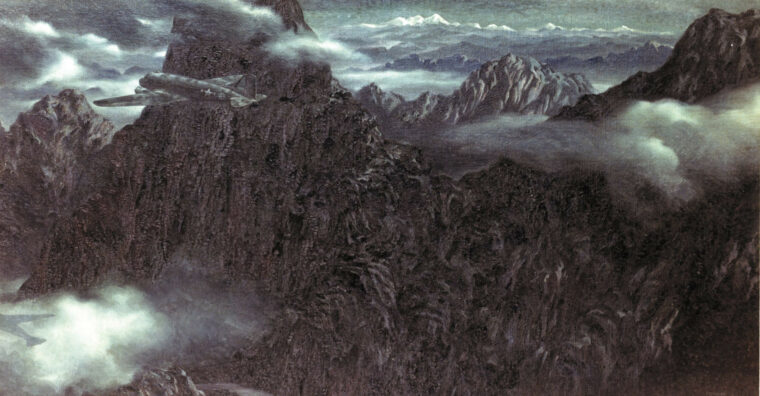
Japan
In truth, it really was not a combat operation. For every airplane lost to enemy action, a hundred were destroyed in accidents. Read more
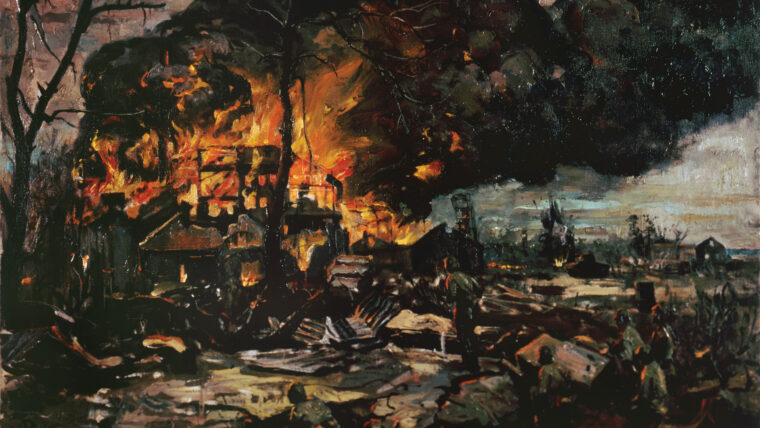
Japan
On June 10, 1944, as his troop transport churned through the Pacific toward the Japanese-held island of Saipan, Pharmacist’s Mate First Class Stan Bowen wrote a letter to his sweetheart, Marge McCann. Read more

Japan
On the morning of February 23, 1945, on the tiny Pacific island of Iwo Jima, a 40-man patrol gathered at the 5th Marine Division headquarters for their final briefing with battalion commander Lt. Read more
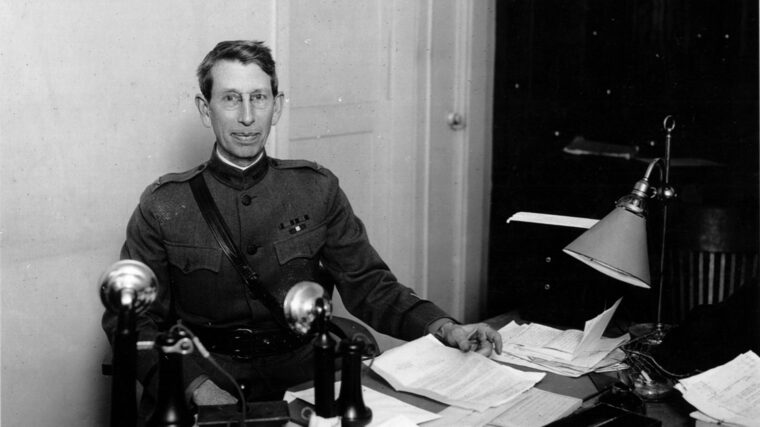
Japan
In the long history of American military intelligence, the names that come to mind most often are those of Nathan Hale, Benedict Arnold, Herbert Yardley, and William Donovan. Read more